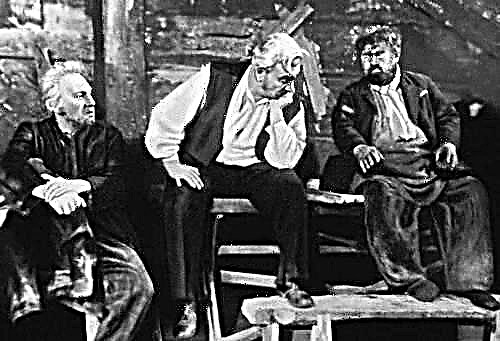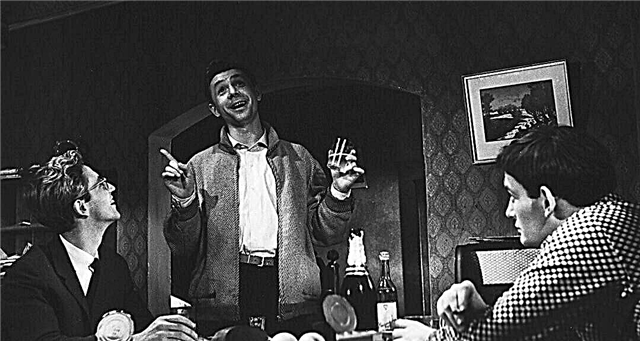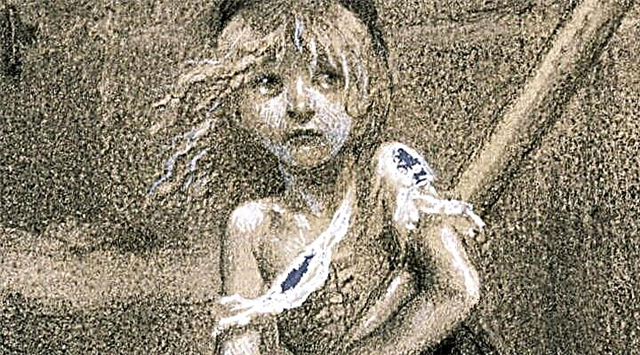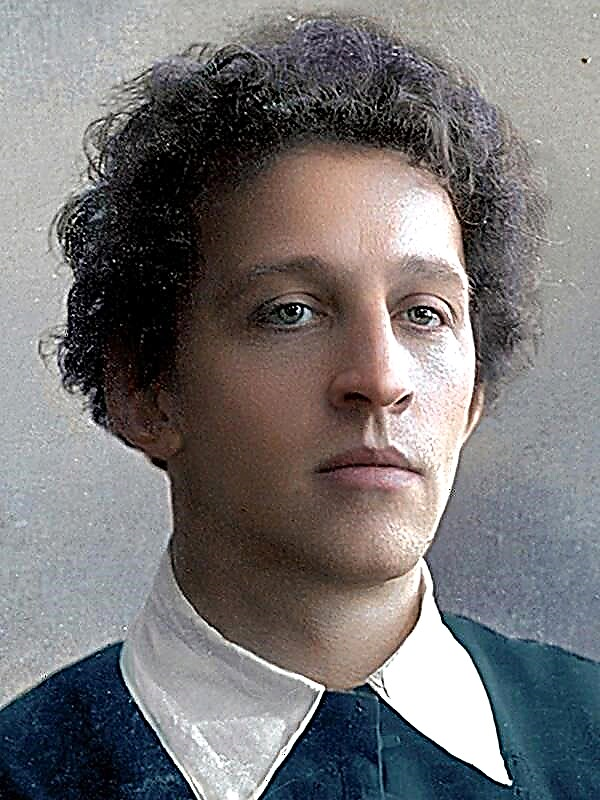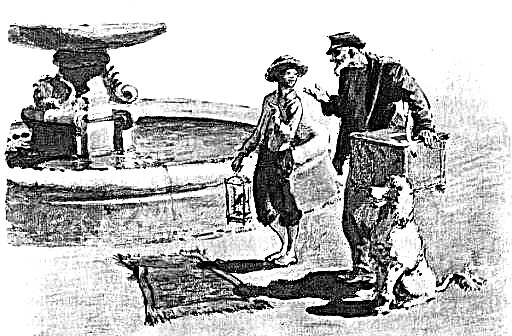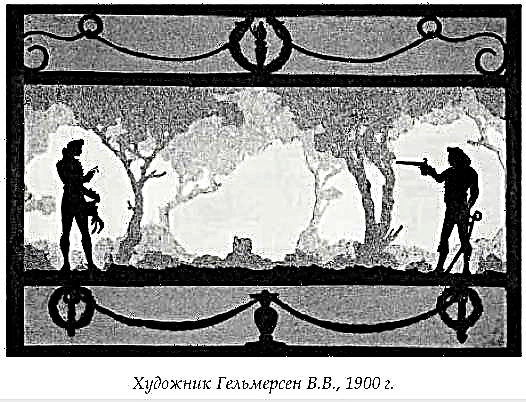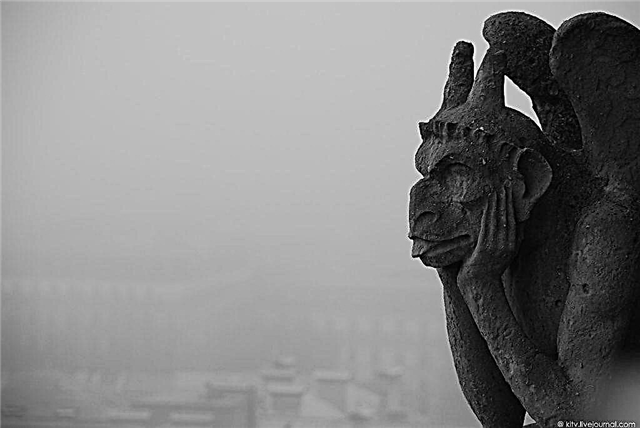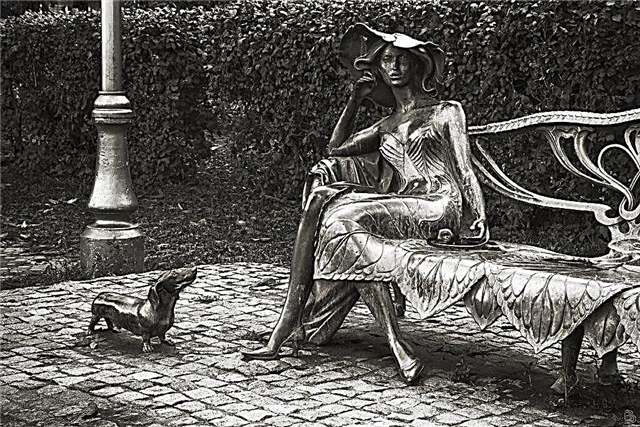The action takes place in a Belarusian village in the mid-thirties. Collectivization has already taken place, the collective farm has been created, the so-called fists have been dispossessed and evicted to immense places, but in reality they are strong masters. One of them - Fedor Rovba - once believed in revolutionary ideals that proclaimed that the peasant was the true owner of the land. From the Soviet government he received a land allotment, worked hard on this land, received a good harvest. The farm made a profit, and he acquired a thresher. The whole district used this car, and they paid, as much as they could. Fedor did not profit at the expense of his fellow villagers. But he lived in abundance, and this destroyed him. The regional authorities, at the denunciation of an envious person, decided to take measures to the "new rich man." One overwhelming tax, then another - all this not only ruined Fedor, but also made him, according to the notions of local leaders, an enemy of the people. He would have to run away from the village where his eyes were looking, but he rooted in his native land, in his house, in his estate. Yes, Fedor also wanted the son of Mikolk to go out in people. Fedor did not want to interfere with his career in a rash act.
But in the village dispossession began. And although the family of Fedor was already in poverty, having failed to pay off the state, Fedor was still recognized as a fist. Then one of the neighbors, an activist of the commander, who owed Fedor for the prayer, tried. It was he who prompted Fedor to be written in fists.
With his wife and little daughter, Fedor was exiled to the north. He worked on logging, not being able to somehow protect his wife and daughter from troubles and diseases. He buried his wife in the frozen northern land, and then he could not save his daughter from disaster and unkind people. Left alone, Fedor decided to run away at all costs. Not immediately he succeeded, but in the end he was again in his native land. He did not even really know why he had returned. Some kind of force pulled him to the places where he grew up, worked, where his children grew up, where he was once happy. There was nothing left of his former estate, but Fedor could surely find the place where she stood. But the whole trouble was that he couldn’t just come to a familiar place, walk through the village, look into people's eyes. Red propaganda has done its dirty deed: people considered him a class enemy, a criminal. How could it happen that former neighbors became enemies? This was the most painful thing for Fedor.
Hungry, exhausted, he wandered around his native village. He really wanted to know what she was like, a new life. A casual conversation with an unfamiliar old man, met at the edge of the forest, convinced him that things were not going well on the collective farm. There is not enough food, the crops are poor. We survived a terrible famine, tormented by taxes. Yes, Fedor himself saw how peasant women worked on the collective farm potato field. So why then did he suffer? His misfortunes did not become the basis for the prosperous and joyful life of other people. But the worst was to come. Nevertheless, he fell into the eyes of the villagers, and they rose up against him, arranged a raid, as if on a wild beast. Policemen, district activists, who were led by his own son Mikolka, arrived from the city. Fyodor was surrounded on all sides, leaving him one way - into the swamp swamps. But the swamp wilderness did not seem as terrible as the people chasing him. Fedor is no longer a man for them; these people no longer live according to human laws. They have their own truth, their own slogans, their own laws. New time has destroyed the life foundations that have developed over the years. The state has suppressed man. And Fedor does not want to be his own among such people. He knows that there, in the swamp, his destruction, but he will not return to the people, he has nothing in common with such people. A quagmire swallowed him along with his pain.
Bykov is very keenly worried about the fate of his people, on whom the "red wheel" of Stalin's reforms swept. The book was written with heartache, and with great love for the working people, who made huge sacrifices in the name of false ideals.

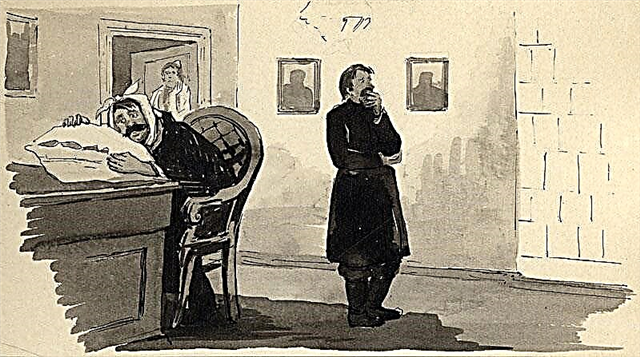
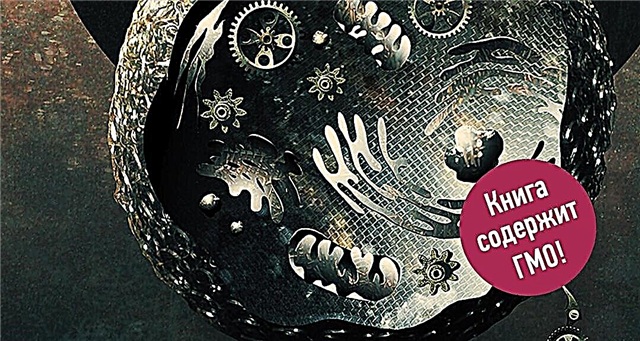 Biotechnology Sum
Biotechnology Sum Aniara
Aniara